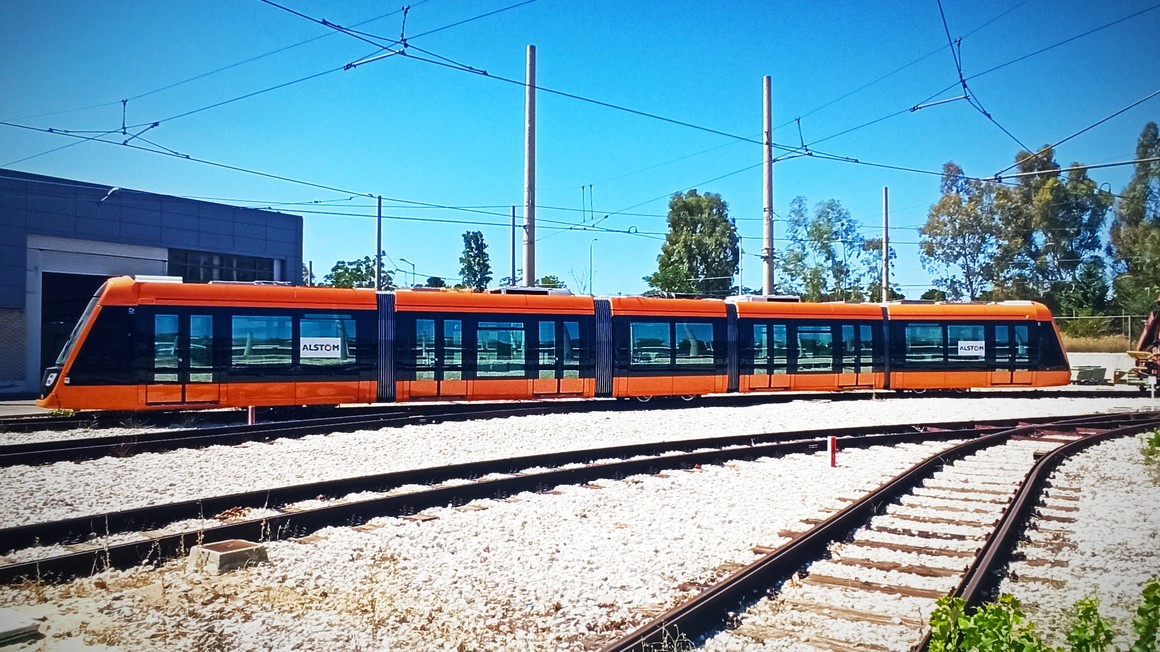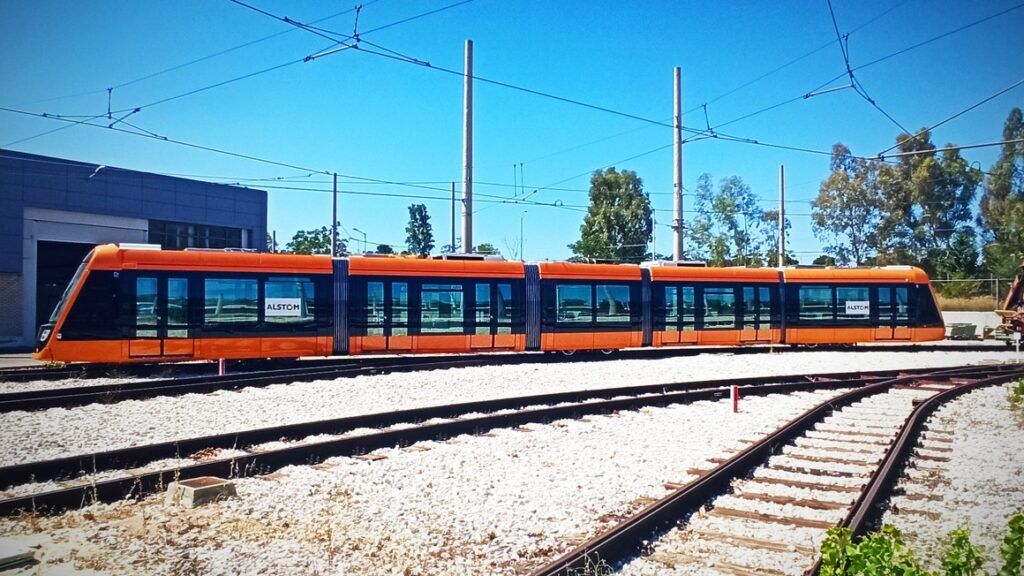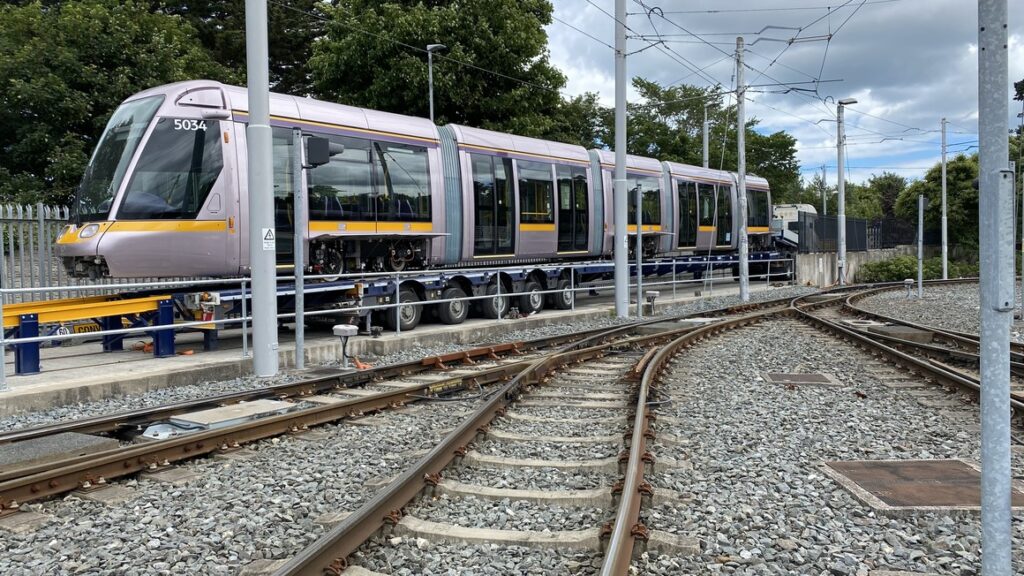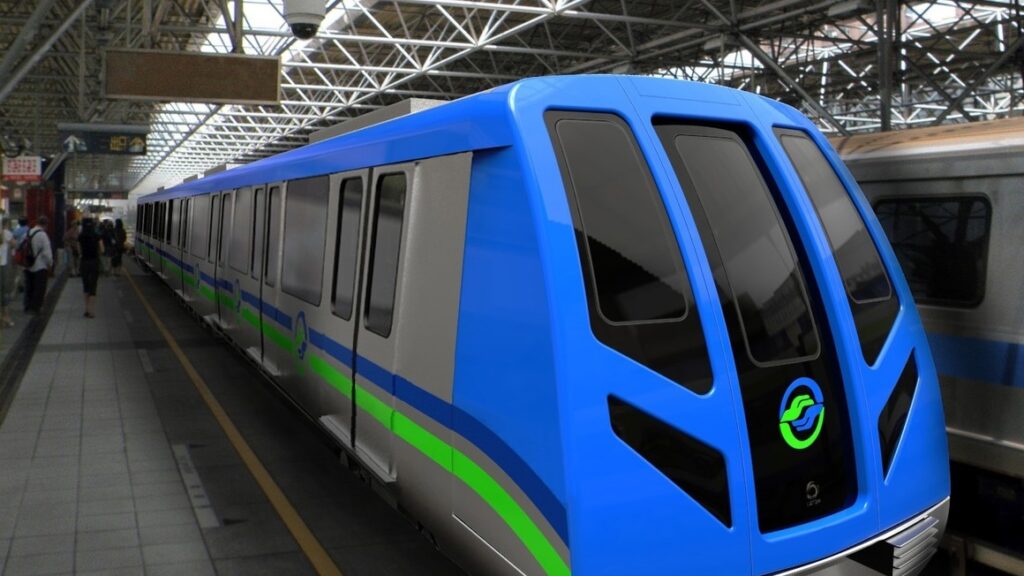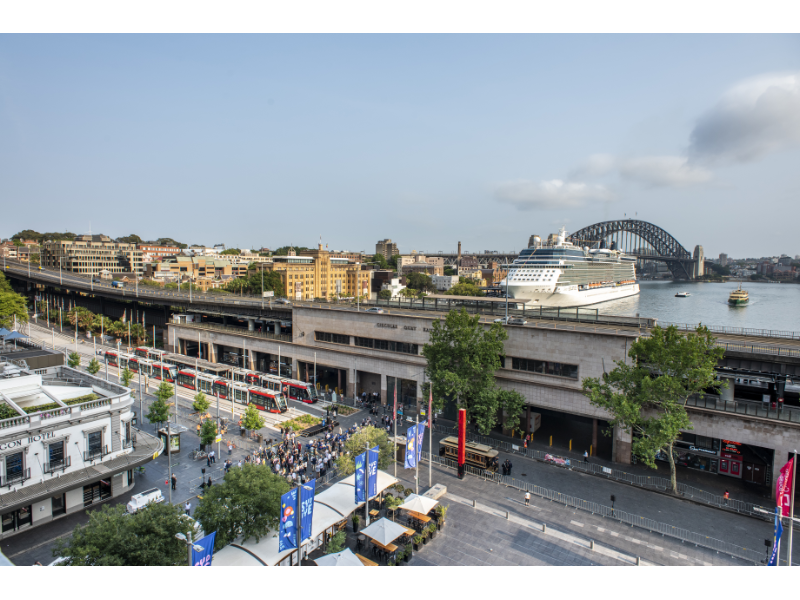January, 2024 – Alstom, a global leader in smart and sustainable mobility, signed a contract of more than €500 million with The Royal Commission for AlUla’s pioneering battery-powered tramway, the world’s longest catenary-free line.
The fully integrated Alstom tramway system will feature 20 state-of-the-art Citadis B battery-trams. The 22.4km line will encapsulate richness, history, and green mobility like no other, linking 17 strategically located stations, offering unmatched access to AlUla’s five core historical districts, including UNESCO World Heritage sites such as AlUla Old Town (District 1), Dadan (District 2), Jabal Ikmah (District 3), Nabataean Horizon (District 4), and Hegra Historical City (District 5).
This ambitious project aims to deliver unique transit options for residents and tourists, with innovative, climate-adapted trams.
Alstom plays a pivotal role in this project, from comprehensive system design to integration, installation and testing and commissioning of the catenary-free and battery-powered tramway. Alstom will also deliver power supply, signalling, communication, and depot equipment and provide full maintenance for the trams for 10 years, using HealthHub, Alstom’s tool for predictive maintenance and fleet management to deliver the highest availability. The services teams will also use an itinerant workshop for all types of overhauls to be more flexible and reduce capital expenditure, and provide robust training programmes for tram personnel, ensuring operational efficiency. The project will draw on Alstom’s global in-house expertise in integrated railway systems. The trams will be manufactured across Alstom’s French production sites, including La Rochelle for both design and construction.


